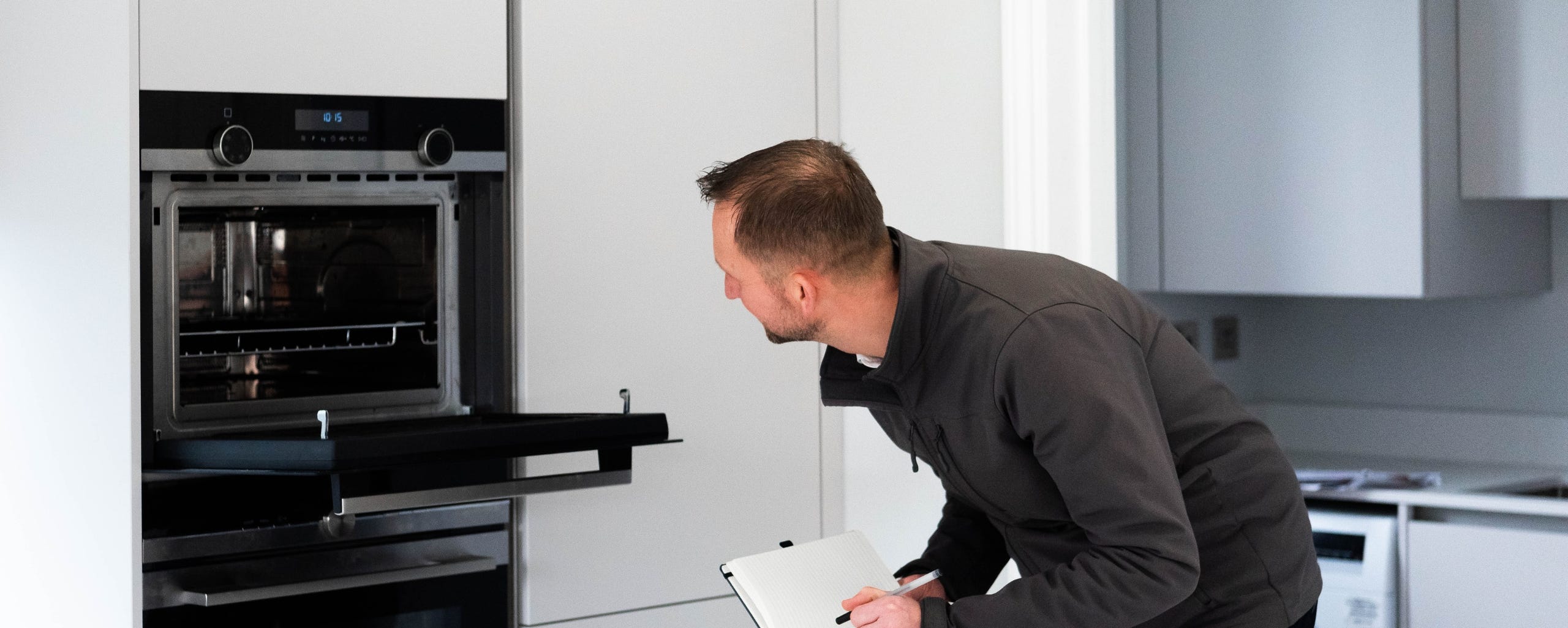This site uses cookies to provide essential functions, improve your experience, collect anonymous generic usage data, and to provide a personalised experience.

Landlord Fees
Find a breakdown of our fees

Client Money Protection Scheme
The Gas Safety Regulation 1998 –
The first gas safety regulations came into force in 1994 and were later updated on the 31st of October 1998. The regulations place legal duties on landlords, agents and contractors dealing with rented properties. The law states that a current gas safety record must be produced and given to the tenant before they move into the property.
These checks need to be done within a year of the previous check, a copy of the new gas safety record must be given to the tenants within 28 days of the check.
Electrical Safety Standards Regulation 2020 –
Landlords and agents now need to ensure electrical installation inspections and testing are carried out for all new tenancies in England this became a new regulation on 1st July 2020 or for existing tenancies from 1st of April 2021.
The Government has laid The Electrical Safety Standards in the Private Rented Sector (England) Regulations 2020 meaning landlords must ensure every fixed electrical installation is inspected and tested at least every five years by a qualified person. The Regulations also state that a landlord is required to obtain a report of the results of the inspection and test, supply it to each tenant within 28 days and retain a copy until the next inspection is due.
Fire and Furnishings Regulations 1988 –
The Furniture and Furnishing (Fire) (Safety) Regulations 1988 were introduced to protect furnished goods against fire. These have since been amended several times in 1989, 1993 and 2010.
The regulations cover any upholstery (soft furnishings) such as; sofas, pillows, mattresses and chairs. Under the Regulations, upholstered furniture must have a fire resistant label which needs to be checked before a tenant moves into a property.
Smoke Alarm and Carbon Monoxide Regulations 2022 –
From the 1st of October 2022 this legislation was updated and now requires landlords in the private rented sector to ensure there is a smoke alarm fitted to each storey where there is a room used for living accommodation. Checks must be made prior to tenants moving into the property to ensure each smoke alarm is working and in date.
In addition properties with a solid fuel burner must have a carbon monoxide alarm fitted in the room with the appliance.
It is best practice to ensure there is a carbon monoxide alarm fitted in the same room as a gas boiler to help detect any potential leaks of carbon monoxide.
Legionnaires Regulations –
Legionella is a bacteria spread within water droplets and can cause illness (Legionnaires’ disease). The bacteria attacks the respiratory system.
The guidelines are that a risk assessment should be undertaken by the person in control of the property i.e. landlords or agents.
Legionella is most likely to be a threat where the water is allowed to stagnate within a water supply system. In most residential properties water systems are regularly used on a daily basis so there is a constant flow of water through the system. An example of where water can become stagnant is when occupiers go on holiday or if the property is empty for an extended period of time.
The way to help minimise risk from Legionella is to ensure the system is flushed prior to letting the property, setting the temperature on hot water storage cylinders at 60 degrees and ensuring no debris can get into the cold water tank.
The Energy Performance of Buildings 2012 –
All buildings have needed an EPC since the 1st of October 2008 this includes if you are selling or letting a property. The EPC must be available to prospective tenants and a copy must be given free of charge before they are committed to the rental contract.
The new rules from April 2012 require the letting agent to ensure the EPC has been commissioned before marketing begins. Although you are able to market the property as long as the EPC is received within 28 days of marketing. If the EPC has not been received within this time frame you must cease marketing immediately.
Properties that are listed buildings do not need an EPC for selling or letting.
From the 1st of April 2020 landlords must not grant a new tenancy (including the renewal of an existing tenancy) or continue to let a property where the EPC rating falls below a band E.
Consumer Protection Act 1987-
The Consumer Protection Act 1987 is in place to hold manufacturers (in this case providing a rental property) accountable for producing unsafe goods (homes). It allows consumers to claim compensation if the defective product has caused personal injury, damage to property or death.
Call us today on 01865 201111
